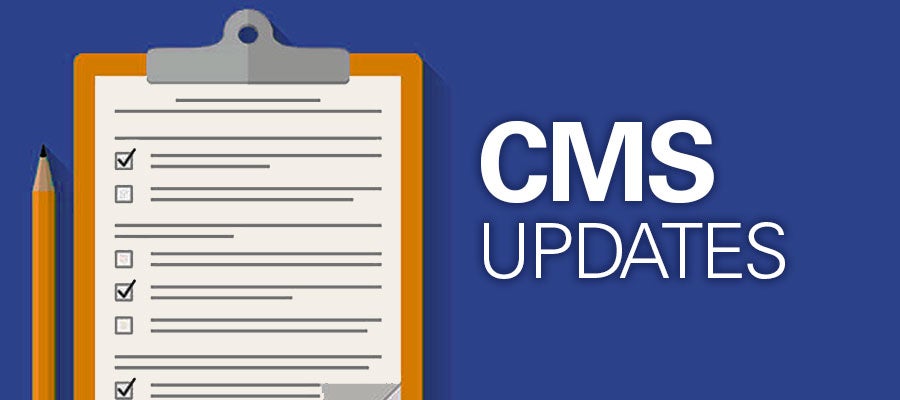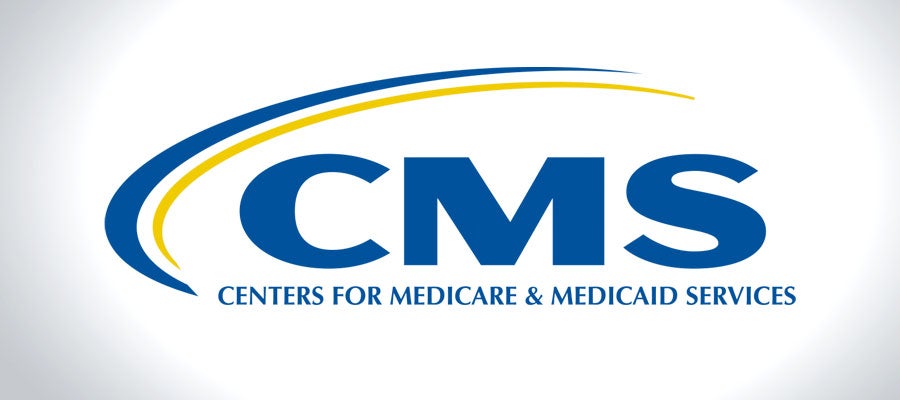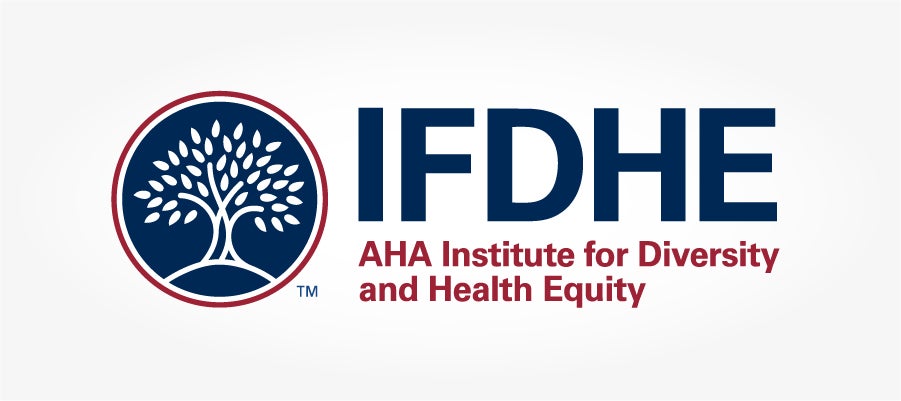
As part of AHA’s We Care, We Vote initiative the association released a new video featuring current and former members of the AHA Board of Trustees discussing the importance of voting and sharing how they encourage voter participation at their organizations.






